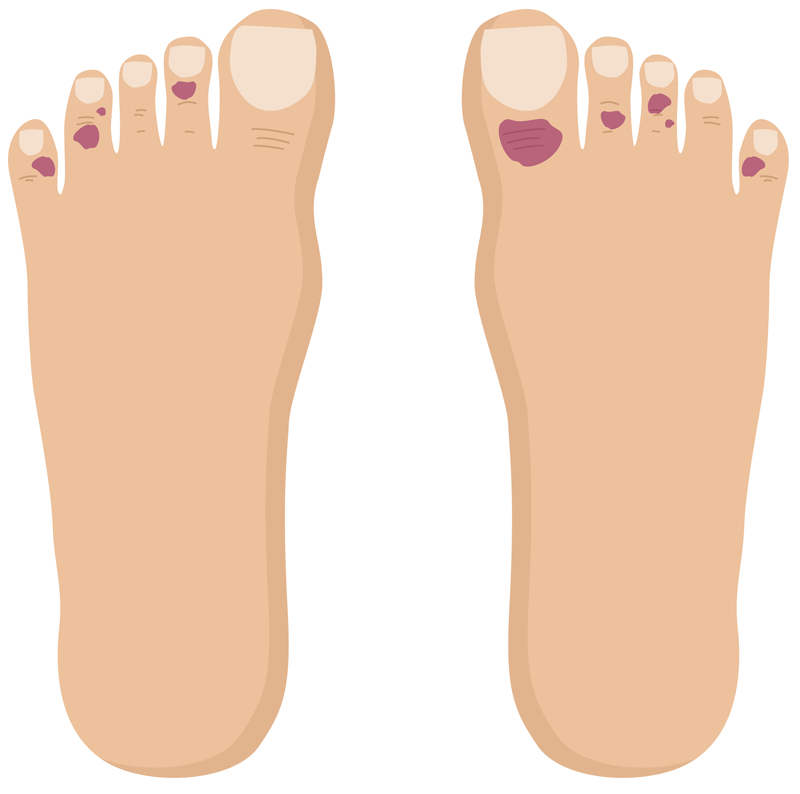 Article by Dr. John Naranja, MD, JD. In a previous blog, we reviewed the atypical symptoms of COVID-19 in the elderly. Today, we will review what we know about COVID-19 in children.
Article by Dr. John Naranja, MD, JD. In a previous blog, we reviewed the atypical symptoms of COVID-19 in the elderly. Today, we will review what we know about COVID-19 in children.
Children (individuals less than 18 years) make up approximately 22% of the U.S. population. According to currently available data, 1.7% of this pediatric population have tested positive for COVID-19. Among those reported cases, the average age was 11 years old, and 57% of children infected were males. For comparison, 53% of adults with COVID-19 were males.1
Fortunately, most children infected by COVID-19 only have mild symptoms. These include fever, dry cough, or nasal congestion, and/or a runny nose.
Another group of children infected by COVID-19 may not have any symptoms at all. In general pediatric COVID-19 cases are less severe than those cases in adults.1
Recently, however, as published in Frontiers in Pediatrics, a pediatric infectious disease medical journal, children may present with symptoms that are non-respiratory in nature. Specifically, the children identified in this study presented predominantly with gastrointestinal findings. The findings included, among others, diarrhea, vomiting, and poor appetite. Three cases required admission to the hospital for emergency surgery or treatment. Of the most severe cases in children, those children infected by COVID-19 who were less than 1 year accounted for the highest percentage of hospitalizations.1
Even more rare in children infected by COVID-19 is a condition that has been referenced as Pediatric Multi-System Inflammatory Syndrome. Symptoms in these patients appear similar to Kawasaki’s Disease and Toxic Shock-like Syndrome. Kawasaki’s Disease and Toxic Shock Syndrome are conditions that may include fever, skin rashes, swelling of glands, and in the most severe cases, inflammation of the arteries to the heart. For unknown reasons, Pediatric Multi-System Inflammatory Syndrome of COVID-19 mimics Kawasaki’s Disease and Toxic Shock-like Syndrome.
Cases of Pediatric Mult-System Inflammatory Syndrome associated with COVID-19 have been reported in the United Kingdom, Italy, and the US, with as many as 64 cases being reported in New York alone. In response, The Department of Public Health in New York has issued a health advisory regarding Pediatric Multi-System Inflammatory Syndrome. In particular, although the relationship with COVID-19 is not definite, medical practitioners should be aware of the possible association.
Finally, in a separate report, Northwestern Medicine dermatologist, Dr. Amy Paller reported a skin condition that is manifested by purple, blue or red discoloration of the toes, now being referred to as COVID toes that occurs in some children infected with COVID-19.

Unlike the multisystem involvement of Pediatric Mutli-System Inflammatory Syndrome, this inflammation primarily involves the digits of the feet and occasionally the hands.
Ultimately, as symptoms of COVID-19 continue to be cataloged, it is important to understand that the more severe illnesses described above are still very rare, and more information is needed to understand their full impacts and necessary actions.
1 Coronavirus Disease 2109 in Children – United States, February 12-April 2, 2020. cdc.gov. https://www.cdc.gov/mmwr/volumes/69/wr/mm6914e4.htm Published April 10, 2020. Accessed May 15, 2020.
Dr. John, Esq. is both an attorney and a physician. Before obtaining his law degree, Dr. John Naranja practiced for approximately 12 years as an orthopedic surgeon.
